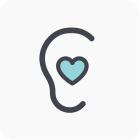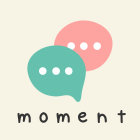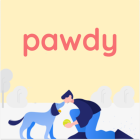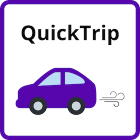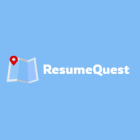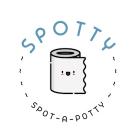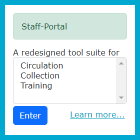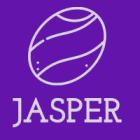
Jasper: Helping UW Students Trade Used Goods
At the end of each academic year a large number of household goods are thrown away by university students. However, most of these items are still usable. Many students struggle to find affordable ways to buy furniture, household goods and clothing. For students wishing to buy these goods secondhand, platforms like Facebook Marketplace and Craigslist create significant challenges in the areas of safety and accessibility. To solve these challenges we created Jasper, a trading platform for UW students to buy and sell goods in a convenient, affordable, safe and sustainable fashion.

